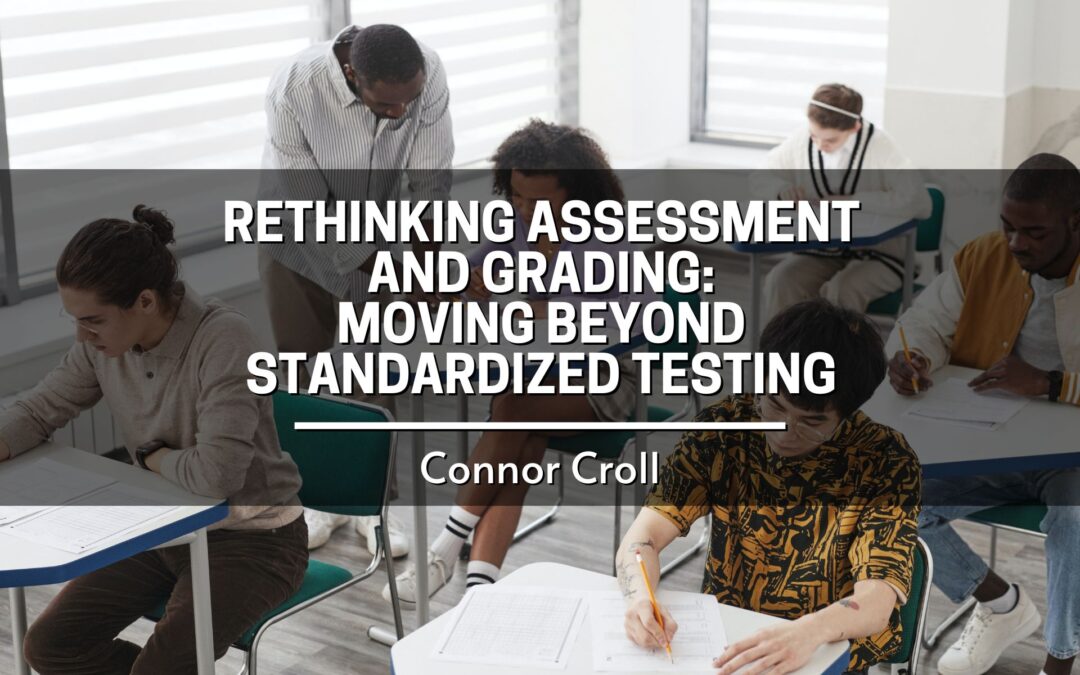Assessment in education is like a compass that guides both students and teachers. Traditionally, standardized testing has been the go-to method to gauge student progress and teacher effectiveness. However, as education evolves to meet the demands of the 21st century, there’s growing recognition that this approach has its limitations. Let’s explore how rethinking assessment can lead to more effective learning and better preparation for the future.
Standardized testing often focuses on memorization and regurgitation of facts. Imagine learning something by heart, only to forget it after the test. This approach doesn’t foster real understanding or practical application of knowledge. We need assessments that measure how well students can use their knowledge in real-life situations.
Moreover, standardized testing can create a stressful environment for students. The pressure to perform can lead to anxiety, affecting their performance negatively. It can also lead to a narrow focus on test-oriented teaching, neglecting broader learning goals like creativity and critical thinking.
In response to these challenges, educators are exploring alternative assessment methods. One such approach is performance-based assessment, which focuses on applying knowledge in real-world contexts. Instead of taking a written test, students might engage in projects, presentations, or simulations that require problem-solving and communication skills. These activities provide a more authentic and comprehensive understanding of what students have learned.
Formative assessment is another valuable alternative. It involves regular quizzes, self-assessments, and teacher feedback. This continuous feedback helps students identify their strengths and weaknesses, enabling them to adapt their learning strategies accordingly.
Digital technologies have also opened new possibilities for assessment. Online platforms offer personalized learning experiences, giving students more autonomy and immediate feedback on their progress. Simulations and interactive games create engaging ways to test students’ knowledge and skills.
Rethinking assessment goes beyond changing testing methods. It involves valuing learning as an ongoing process rather than a means to an end, like achieving a high score. Encouraging a love of learning and its relevance to everyday life is crucial.
Teachers play a vital role in this process. They need to develop and implement effective alternative assessment methods and provide timely and meaningful feedback. This requires ongoing professional development.
There are challenges to rethinking assessment, like developing valid and reliable alternative methods. However, the benefits outweigh the obstacles. Alternative assessments promote inclusivity and diversity in education, cater to individual learning styles, and align education with the skills needed in the job market.
Rethinking assessment and grading is a vital step towards improving education. By moving beyond standardized testing, we can foster deeper learning, reduce stress, and better prepare students for the future. Embracing performance-based, formative, and digital assessments can create a more engaging and inclusive learning environment. As we make this shift, we empower students to see assessment as a tool for growth and lifelong success.

